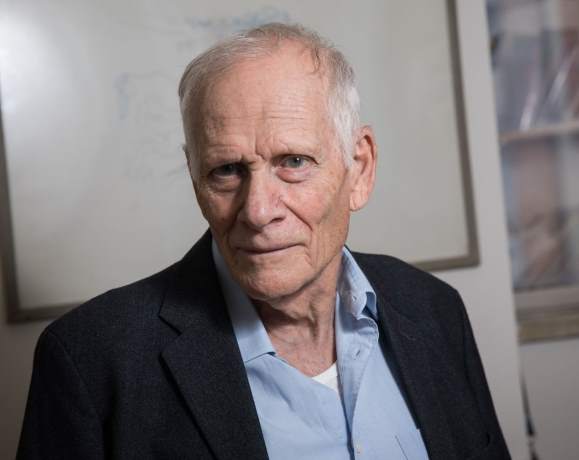Professor David Naor
David Naor, Ph.D. is Professor of Immunology at The Hebrew University, faculty of Medicine and was the head of the Milton Winograd Chair of Cancer Studies. He earned his Ph.D. from The Hebrew University. He served as visiting professor in leading universities (e.g., UC Berkeley, Harvard).
He has published over 150 articles, including in leading journals like Nature, PNAS, J Clin Invest, J immunol, J Exp Med, etc. His current research has been focused on the role of CD44 and other hyaluronan-binding molecules (e.g., RHAMM) in autoimmune and cancer diseases. This CD44 research has yielded 35 articles, which were cited thousands of times. He was invited to speak on CD44 at 8 plenary sessions of international conferences.
David has been an editorial board member of several international scientific journals and he is on the scientific board of International Congress on Autoimmunity. He received multiple grants related to cancer research, the biggest coming from NIH, Johnson & Johnson, German-Israel Foundation, and many others. He received awards from Johnson & Johnson “In recognition of outstanding research towards the advances of science and technology in health care” in 1994 and from the Hebrew University for his “outstanding achievements in research and teaching”.
In February, 2018, David was featured in an article One drug could treat Alzheimer’s, MS, Crohn’s, and more published in Israel21c. This article writes about how one drug could effectively treat incurable inflammatory diseases such as Crohn’s disease, ulcerative colitis, rheumatoid arthritis, and multiple sclerosis as well as neurodegenerative maladies such as Alzheimer’s disease.
For his full list of achievements read his page at Faculty of Medicine, The Hebrew University of Jerusalem. Read his abstract Pentapeptide, targeting Serum Amyloid A and Amyloid β suppresses / attenuates chronic inflammation, autoimmunity and neurodegeneration. Listen to his talk titled “CD44 genetic deletion enhances and CD44 antibody targeting attenuates autoimmune inflammation”.
